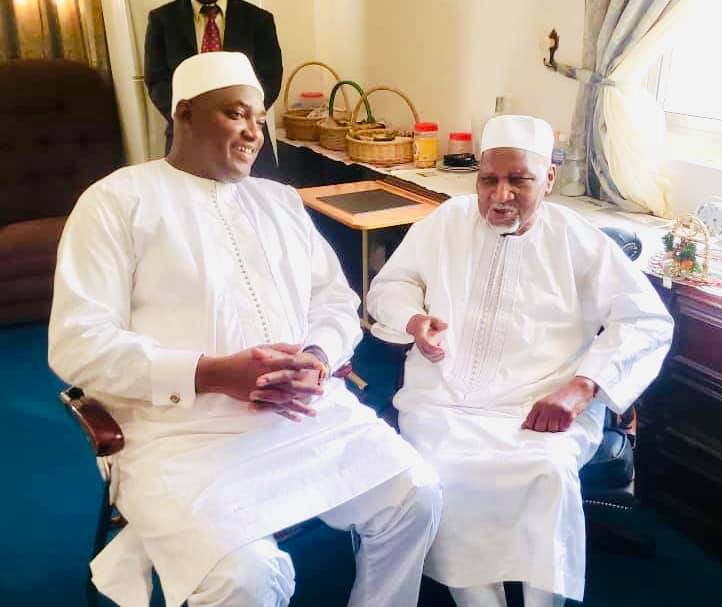
Hassoum Ceesay, acting director general of the National Centre for Arts and Culture, has urged Gambians to respect the country’s Independence Day commemoration.
Ceesay said most of the freedoms we take for granted today were denied to us prior to independence.
He said during the colonial era Gambians were not considered as citizens but rather the subjects of the colonial government adding that they were denied all rights to live freely in their own country and had little say in the affairs of their state. He pointed out that before independence in 1965, there were lots of repressions.
“During the colonial era in Bathurst, after 6 p.m., no black man or woman can walk at Marina Parade as such person will be arrested because the area then is specifically meant for only the white people and nobody will dare drum or beat a drum when it is 7 p.m. because there was a special regulation for beating of drum.”
Ceesay disagreed with people that are casting doubt about the country’s independent status. He said: “The Gambia is an independent country. The Gambia can write its own laws, make its own decision, open embassies in other countries and do all the sort of things that only an independent country can do. Before independence everything was dictated from London.”
He said that the country having its own flag, national anthem, conducting its own election among other things were all symbol of independence as they signified freedom from foreign control.
Comparing the three republican governments, Ceesay said that the first republic helped to solidify the country’s independence, democracy and international reputation as a peaceful country that respect the rule of law and human rights. It earned the reputation as the human rights capital of Africa.
“The 1994 coup which later ushered in the second republican government removed the most successful democratic country in Africa. The Gambia then lost a lot of leverage on democracy and human rights and it became a tortured capital where press freedom was highly repressed and political prisoners became order of the day.
“However, all these were at the cost of something else because there were some infrastructures like new airports, university, hospitals etc. But comparing it with the first republic, the country gained a lot in terms of basic fundamental human rights while in the second republic, the country gained a lot in terms of infrastructures but lost a lot in terms of democratic record and credential.”
“The third republic can win on both fronts as the country can continue to develop infrastructures like roads, bridges, highways, university, hospitals and at the same time regain her former position as the capital for democracy and human rights.”










Recent Comments